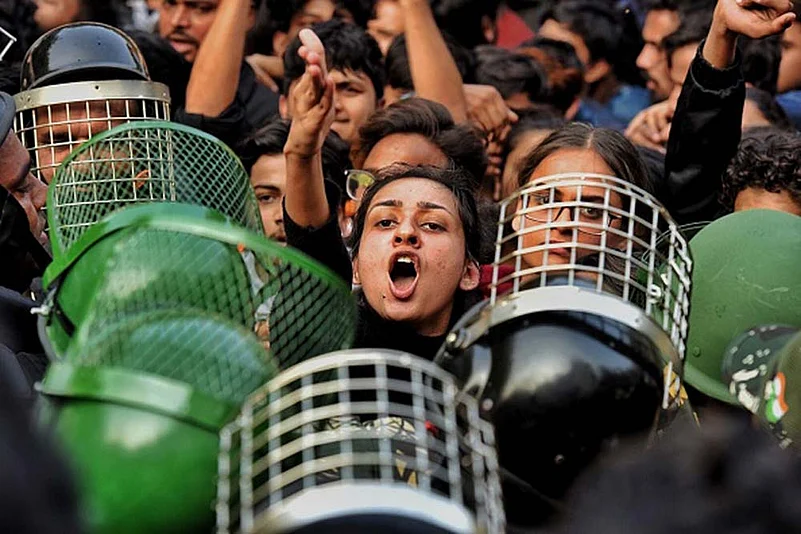In a defiant stand against the imposition of Unlawful Activities (Prevention) Act (UAPA) charges, a resilient tribal group from the Niyamgiri hills of Odisha intensifies its struggle against bauxite mining. The Niyamgiri Surakshya Samiti (NSS), which has passionately protested against mining activities in the ecologically sensitive Kalahandi and Rayagada districts, is now demanding the immediate withdrawal of UAPA cases filed against its members.
The controversy erupted when nine members of NSS were slapped with UAPA charges under the pretext of protesting "police action against left-wing extremism." The charges have drawn widespread condemnation, with NSS leader Lingaraj Azad berating both the Rayagada district police and the state government during a press conference. Azad questioned the motives behind the First Information Report (FIR) registered against the protestors, labeling it an unjustified attempt to stifle their voices, as reported by PTI.
The core incident leading to these charges traces back to a demonstration at the Kalyansinghpur Police Station. Men and women from the tribal community united on August 6 to demand information about two villagers reportedly detained by the police. Azad alleged that the police withheld the detainees' whereabouts, only revealing later that one was connected to a 2018 rape case, while the other was released.
Amidst growing criticism of these actions, Azad contended that the state government's intentions are transparent: to silence the opposition to bauxite mining. The Dongria Kondh community of Niyamgiri, known for its sustained resistance to mining activities, is particularly targeted by these actions, further escalating tensions in the region.
Inspector-in-charge Sumati Mohanty of the Kalyansinghpur Police Station defended the charges, citing an organized procession of around 200 people who allegedly protested against police actions linked to left-wing extremism. However, Azad dismissed this narrative as another instance of the police's attempt to curtail the powerful voices of local communities.


























